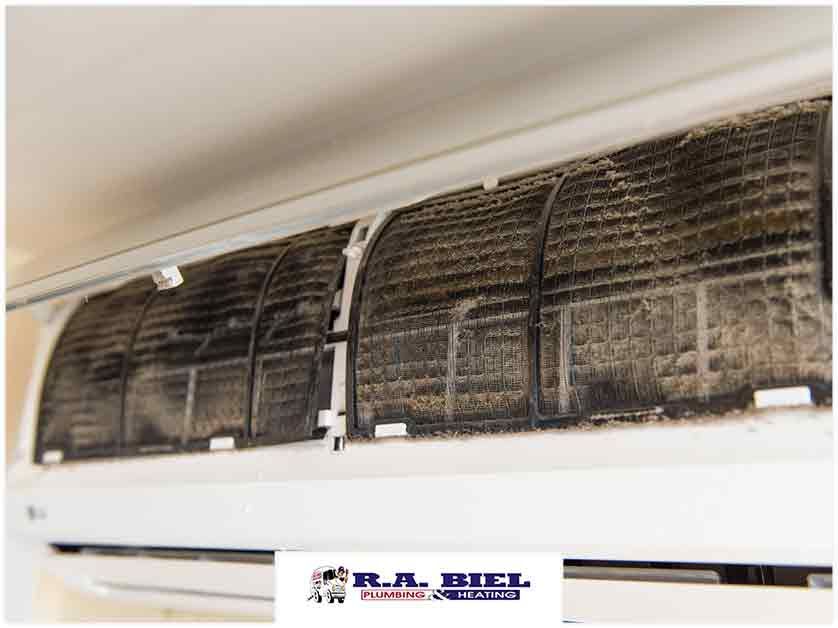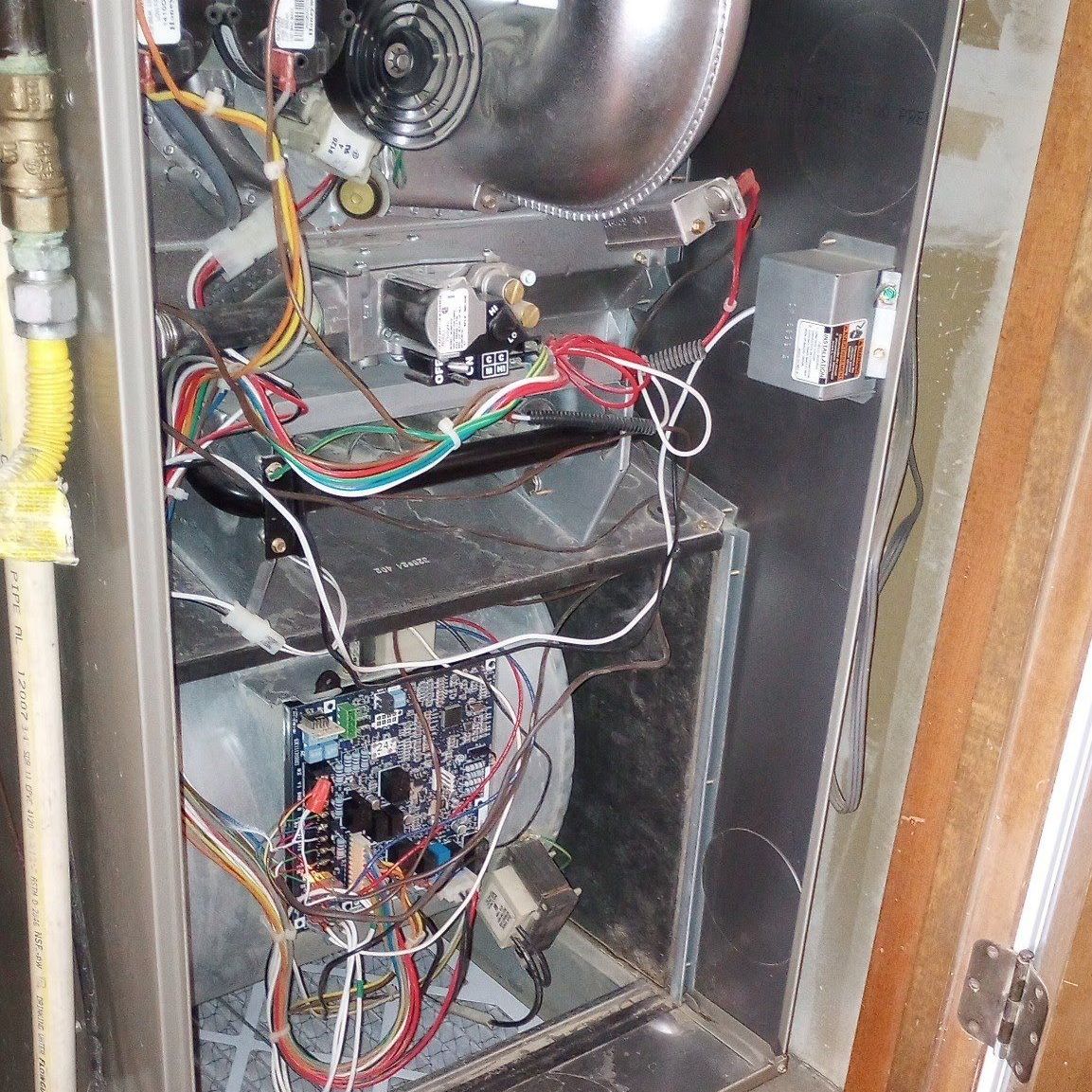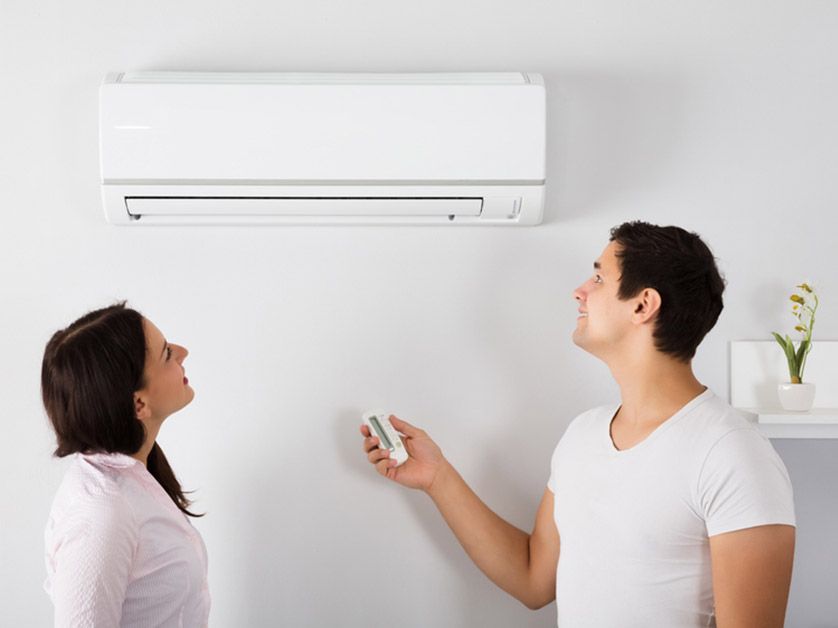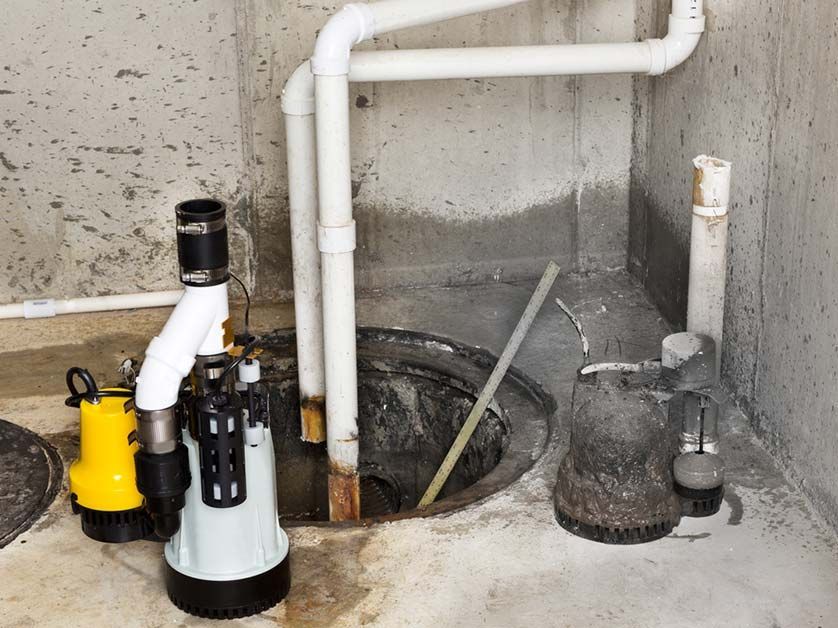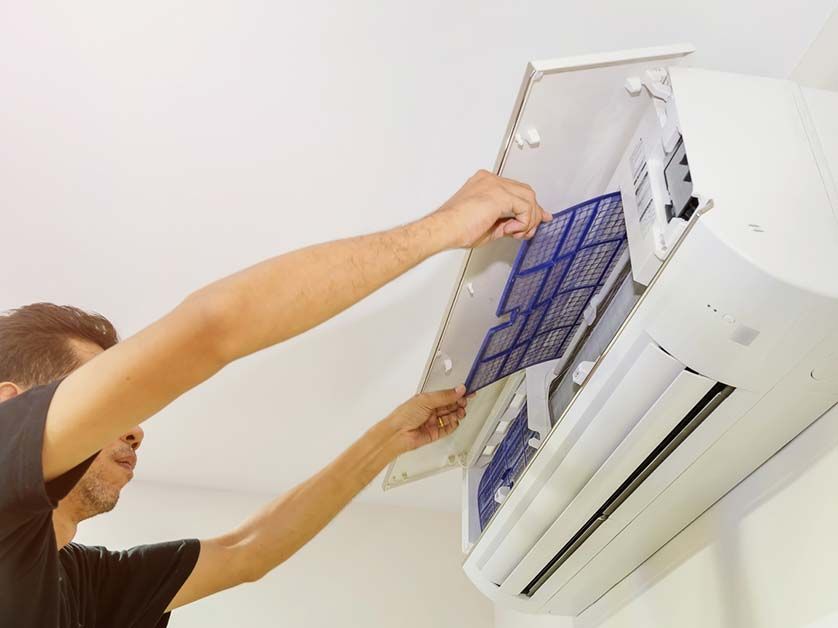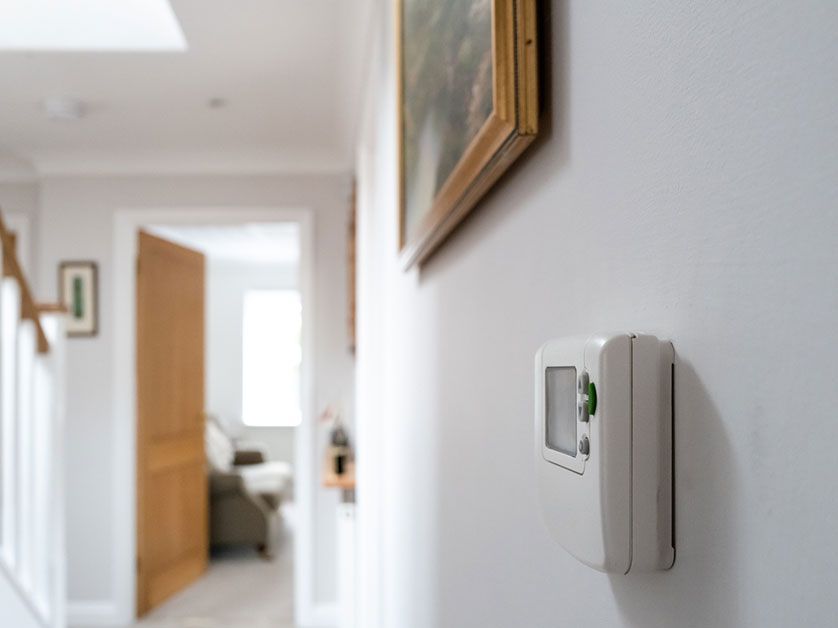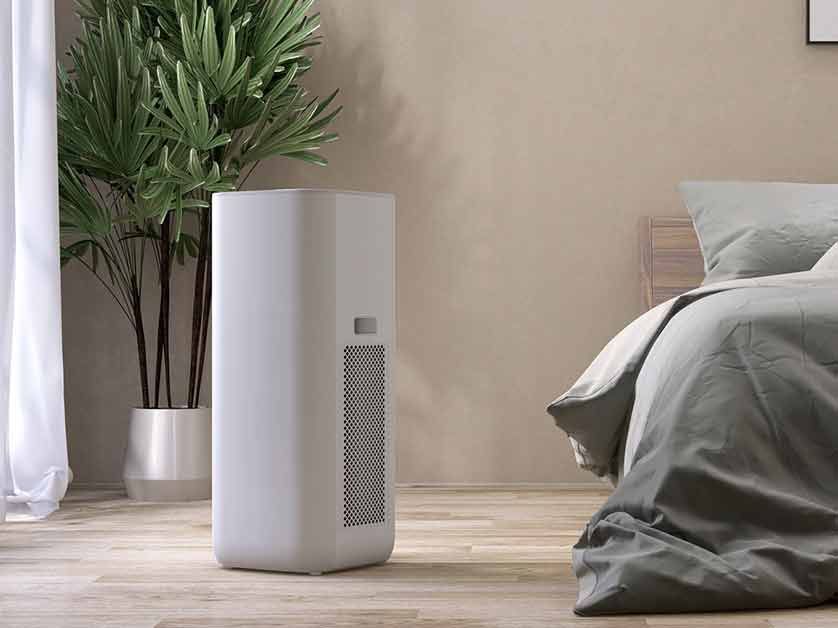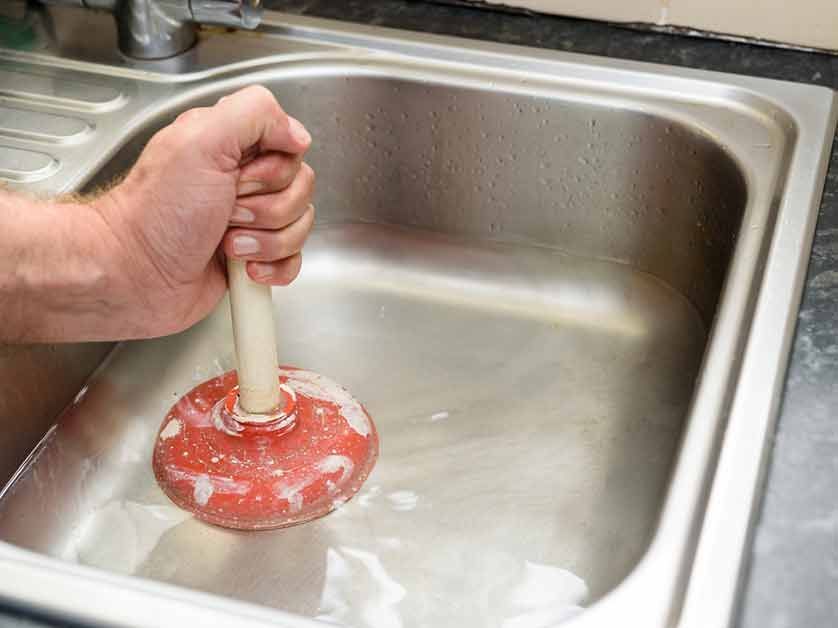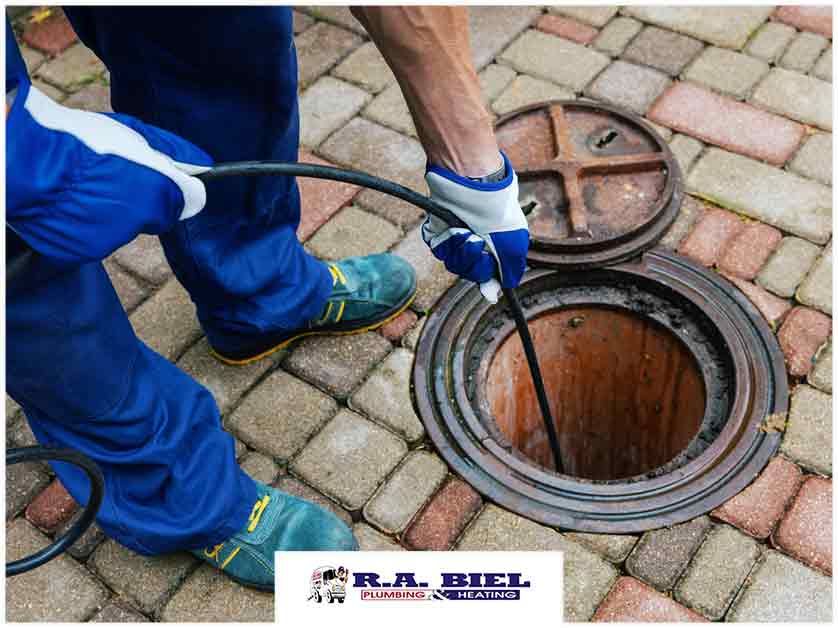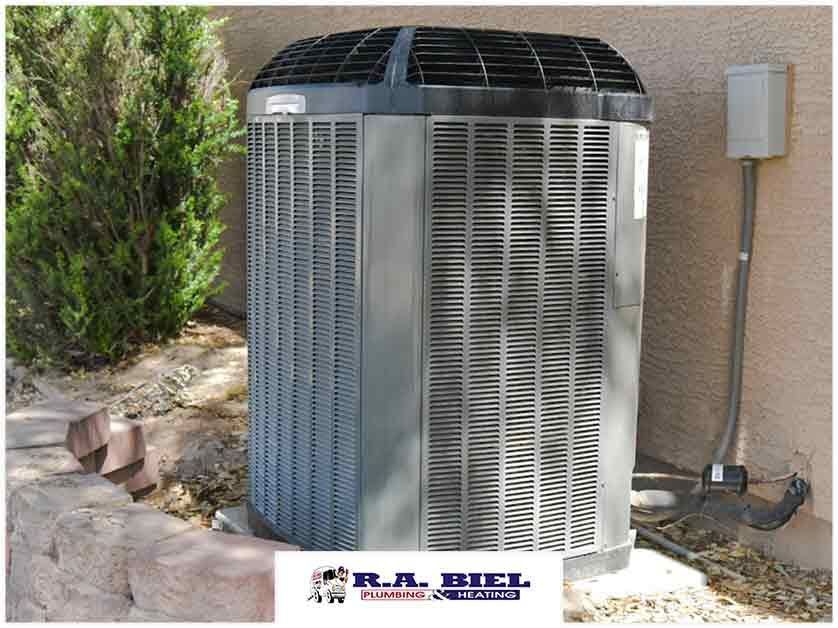Faulty Air Conditioner Sensors: Signs & Possible Solutions
Your home’s air conditioning system has a sensor that measures the temperature of the air moving over the evaporator coil. Its function is to detect if the room has reached the desired temperature indicated on the thermostat. However, like many of your AC’s components, it can run into problems that can affect the whole system’s operational efficiency and performance.

In this blog, local HVAC maintenance contractor R.A. Biel Plumbing & Heating, Inc. explains the signs that tell you your AC unit has a sensor issue, and the possible solution to this problem. We’ll also touch on the other AC problems you need to watch out for.
How the AC Sensor Works
The AC sensor on your thermostat is located near the evaporator coils. Indoor air moving toward the return vents passes by the sensor and coils. In turn, the sensor reads the temperature and checks if it matches what you’ve set on the thermostat. If the air is warmer than the desired temperature, the sensor will activate the compressor. This is where your system blows cool air into your living spaces. If the air passing the sensor is cooler or at the same temperature as what’s set on your thermostat, the compressor—and your AC unit—will shut off.
Signs Your AC Sensor Is Acting Up
You’ll know something is wrong if your AC doesn’t turn off even when the indoor space has reached the temperature you’ve set. In this case, the system will continue to blow cold air, making your rooms uncomfortably cold. When this occurs, you might be dealing with a faulty or failing sensor. Here’s how you can tell:
Faulty thermostat. Having a faulty thermostat can cause the AC sensor to not work properly. One reason for this is the build-up of grime or dust inside it. It could also be a result of improper installation, where the wires are loose and aren’t tightly affixed to your thermostat. Or, it could simply be because your thermostat is an older model and has already surpassed its lifespan.
When you have a faulty thermostat, the sensor inside it could cycle on and off intermittently during proper activation periods. Whether the room feels too hot or too cool, the thermostat will turn itself on and off before the room has reached the desired temperature. Your AC system, in turn, won’t provide sufficient cooling. This erratic cycling can also put unnecessary stress on the unit, shortening its lifespan.
Displaced sensor. A faulty sensor could be displaced from its original position. If this is the case, expect things to go haywire. Given its function, when a sensor is dislodged it won’t be able to measure the temperature of the passing air accurately. As a result, the system will have difficulty providing dependable cooling to every room in the house.
Possible fixes. Keeping your AC sensor in good working order is imperative in making certain that you continuously receive sufficient cooling for your home. Also, it ensures your AC system’s long-term performance and efficiency. Fortunately, there are simple troubleshooting steps you can take if you ever encounter issues with a faulty sensor.
First, turn off your air conditioner. Then, open the circuit breaker panel and switch off the power to your unit. Go to the unit and remove the cover to expose the evaporator coils. Find the sensor and check if it’s either bent away or is touching the coils. Return the sensor wire to its correct position if it’s out of place. If you aren’t sure whether it is, it would be best to hire an HVAC repair technician to do the job for you.
If putting the sensor back into the correct position doesn’t solve your cooling problems, this could mean your sensor is already broken. In this case, you can switch the AC to manual so the unit isn’t providing cool air constantly. However, if the problem is with the thermostat itself, consider having it replaced right away. This problem could be due to it being past its service life if it’s an older model.
Other AC Issues to Watch Out For
Being proactive with your AC maintenance starts with recognizing the most common problems your cooling system might encounter over its lifespan. Learning about these is crucial so you can take preventive measures to avoid huge repairs. In addition to a faulty sensor, here are some of the other air conditioning issues to watch out for:
Refrigerant leaks. A refrigerant leak in your HVAC system can result in uneven cooling, lower efficiency and higher power consumption. It can also lead to freezing coils and damaged components, particularly in the compressor. You may have leaking refrigerant if you feel weak or warm air moving through the vents while your AC system is on. You may also hear loud hissing sounds coming from the indoor unit. Get in touch with your HVAC technician to look into this problem.
Electric control failure. Having a faulty sensor or a broken thermostat can impact the rest of your AC system. When the unit cycles on and off frequently, the electrical connections between the condenser fan motor, compressor and blower motor can wear out. Consider having them checked to determine what’s the issue; otherwise, the components themselves may deteriorate and prevent your system from working efficiently.
Strange HVAC noises. An AC system can make different types of sounds that indicate different sets of issues. As already mentioned, a hissing sound is an indication of a refrigerant leak. If you’re hearing clicking sounds when you turn the AC on and off, there might be a relay problem. Rattling or banging noises mean the blower or motor assembly has an issue. Buzzing sounds mean there’s something wrong with the electrical components. Contact your technician as soon as possible if you hear any of these sounds.
For your AC needs, turn to R.A. Biel Plumbing & Heating, Inc. By taking advantage of our repair and maintenance services regularly, you’ll prevent small problems from becoming big ones and ensure the top-notch performance of your home comfort system. By signing up for one of our annual service agreements, you can reduce costly repairs, lower your energy bills and protect your investment for years to come.
Count on us to provide air duct cleaning and heating replacement services as well. Call (505) 327-7755 or fill out our contact form to schedule a service appointment today.
The post Faulty Air Conditioner Sensors: Signs & Possible Solutions appeared first on R.A. Biel Plumbing & Heating, Inc..
Our Recent Articles
